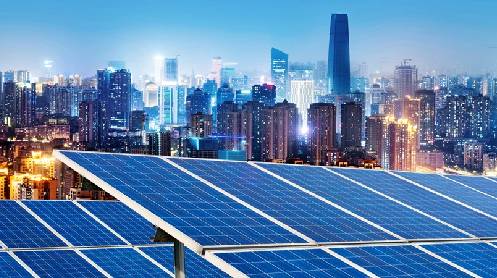Pakistan can achieve significant gains by moving towards decarbonisation of its energy sector, said Regional Vice President of the World Bank Group for South Asian Region Hartwig Schafer.
“Glad to know that climate change is a top priority for the government,” said Schafer in a tweet post after his meeting with Special Assistant to the Prime Minister on Climate Change Malik Amin Aslam.
Schafer said that although Pakistan remains a low emitter of greenhouse gas emissions at the global scale, “it can achieve significant economic gains by focusing on decarbonisation in the energy sector”.
He said that the World Bank remains committed to supporting Pakistan in its effort to transition to renewable energy and low-carbon development.
Pakistan aims to transit towards renewable sources to meet its energy needs. The government by the year 2030 intends to generate 60% energy from solar, wind, and biogas, while 10% gas, 10% nuclear, 10% coal, and the remaining 10% to come from local sources, as per reports.
Earlier, during the meeting, World Bank assured to jointly work with Pakistan to boost its climate resilience against devastating impacts of climate change.
The two sides agreed to increase investment in green and clean energy and enhance the capacity of concerned sectors related to food, water, agriculture, and forestry.
Schafer praised Prime Minister Imran Khan’s initiatives and vision for green and environmentally sustainable and climate-resilient Pakistan.





